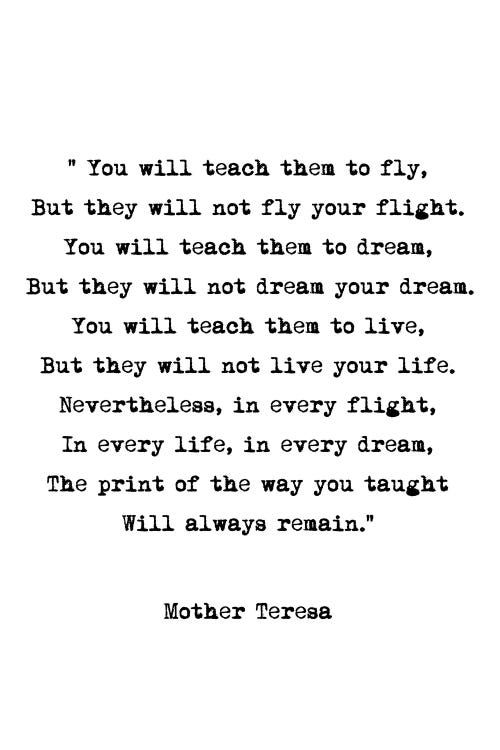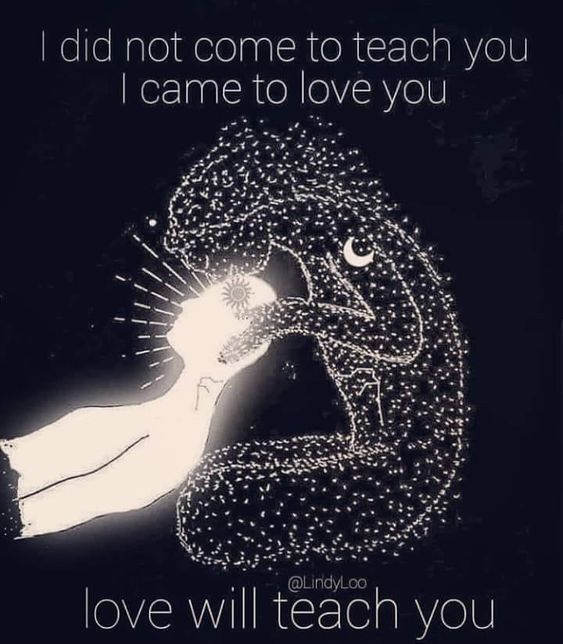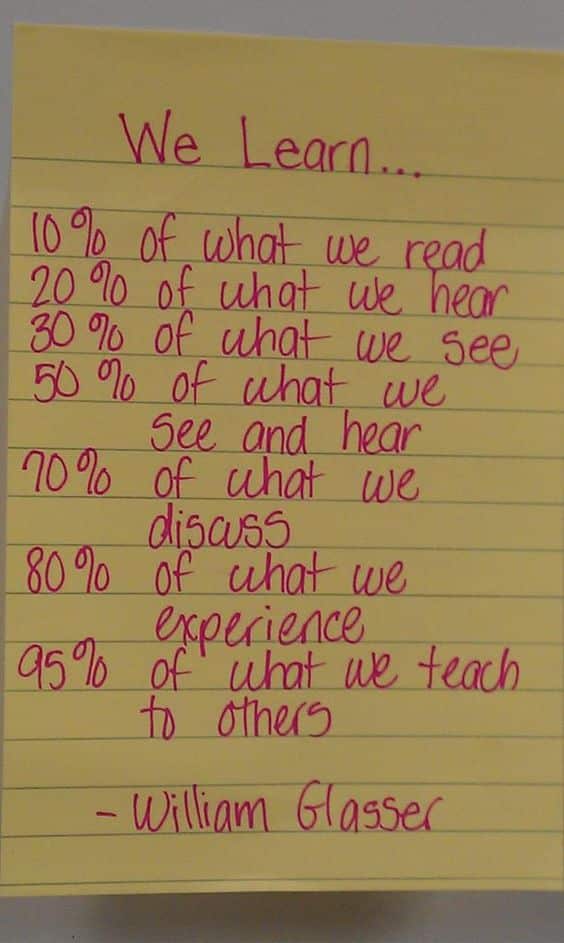“My job as a teacher was to help them breathe with excellence and discipline in the classroom. The ones that love you, they become what you model. Don’t forget that. Help them breathe by modeling responsible love in the classroom every single day. The most important thing a teacher can do is give their students permission to be loving and excellent.”
Kiese Laymon’s mom, Heavy (Page 180)
“The rest of my teachers maybe did the best they could, but they just needed a lot of help making their best better. There were so many things we needed in those classrooms, in our city, in our state, in our country that our teachers could have provided if they would have gone home and really done their homework. They never once said the words: ‘economic inequality,’ ‘housing discrimination,’ ‘sexual violence,’ ‘mass incarceration,’ ‘homophobia,’ ’empire,’ ‘mass eviction,’ ‘post traumatic stress disorder,’ ‘white supremacy,’ ‘patriarchy,’ ‘neo-confederacy,’ ‘mental health,’ or ‘parental abuse,’ yet every student and teacher at that school lived in a world shaped by those words.”
Kiese Laymon, Heavy (Page 114)
“No man can reveal to you aught but that which already lies half asleep in the dawning of your knowledge.
Kahlil Gibran, The Prophet (Page 53)
The teacher who walks in the shadow of the temple, among his followers, gives not of his wisdom but rather of his faith and his lovingness.
If he is indeed wise he does not bid you enter the house of his wisdom, but rather leads you to the threshold of your own mind.”
“When we raise our expectations for a student, a friend or a co-worker, we open the door to possibility. We offer them dignity and a chance to grow. We are offering them trust. But if we become attached to those expectations, if the expectation unmet leads us to distress or unhappiness, then that attachment undermines the very reason we created the expectation in the first place.”
Seth Godin
“As a therapist, I know that though the patient learns, I do not teach. Furthermore, what is to be learned is too elusively simple to be grasped without struggle, surrender, and experiencing of how it is.”
Sheldon B. Kopp, If You Meet Buddha On The Road, Kill Him! (Page 7)
“Do not ask your children
William Martin, The Parent’s Tao Te Ching
to strive for extraordinary lives.
Such striving may seem admirable,
but it is the way of foolishness.
Help them instead to find the wonder
and the marvel of an ordinary life.
Show them the joy of tasting
tomatoes, apples and pears.
Show them how to cry
when pets and people die.
Show them the infinite pleasure
in the touch of a hand.
And make the ordinary come alive for them.
The extraordinary will take care of itself.”
“In addition to reading, writing, and arithmetic, all kids need to learn self-awareness, self-regulation, and communication as part of their core curriculum. Just as we teach history and geography, we need to teach children how their brains and bodies work. For adults and children alike, being in control of ourselves requires becoming familiar with our inner world and accurately identifying what scares, upsets, or delights us.”
Bessel van der Kolk, The Body Keeps The Score (Page 356) | ★ Featured on this book list.
“It is standard practice in many schools to punish children for tantrums, spacing out, or aggressive outbursts—all of which are often symptoms of traumatic stress. When that happens, the school, instead of offering a safe haven, becomes yet another traumatic trigger. Angry confrontations and punishment can at best temporarily halt unacceptable behaviors, but since the underlying alarm system and stress hormones are not laid to rest, they are certain to erupt again at the next provocation.”
Bessel van der Kolk, The Body Keeps The Score (Page 355) | ★ Featured on this book list.
“More than anything else, being able to feel safe with other people defines mental health; safe connections are fundamental to meaningful and satisfying lives. The critical challenge in a classroom setting is to foster reciprocity: truly hearing and being heard; really seeing and being seen by other people. We try to teach everyone in a school community—office staff, principals, bus drivers, teachers, and cafeteria workers—to recognize and understand the effects of trauma on children and to focus on the importance of fostering safety, predictability, and being known and seen. We make certain that the children are greeted by name every morning and that teachers make face-to-face contact with each and every one of them. Just as in our workshops, group work, and theater programs, we always start the day with check-ins: taking the time to share what’s on everybody’s mind.”
Bessel van der Kolk, The Body Keeps The Score (Page 354) | ★ Featured on this book list.
“Every man becomes what he teaches others to be. Those who gain victory over themselves will gain victory over others. It is most difficult to achieve victory over oneself. Every man has power only over himself.”
Dhammapada, via A Calendar of Wisdom (Page 336)
“There are many people who claim to be teachers of others who should themselves be taught first of all.”
Eastern Wisdom, via A Calendar of Wisdom (Page 326)
“Teachers who expect greater things from their pupils can, without ever saying anything, have a positive effect on their work and grades. By feeling particularly excited when you’re meeting someone, you will communicate this to him or her in a powerful way.”
Robert Greene, The Daily Laws (Page 301)
“Remember, I am no teacher; I can merely be a signpost for a traveler who is lost. It is up to you to decide on the direction. All I can offer is an experience but never a conclusion, so even what I have said needs to be thoroughly examined by you. I might be able to help you discover and examine your problem by awakening your awareness of their cause and effect, but I cannot teach you, for I am not a teacher, and I have no style. I don’t believe in a system, nor in a method. And without system, without method, what’s to teach?”
Bruce Lee, Striking Thoughts (Page 90)
“A teacher, a good teacher that is, functions as a pointer to truth, but not a giver of truth. He employs a minimum of form to lead his student to the formless. Furthermore, he points out the importance of being able to enter a mold without being imprisoned by it, or to follow the principles without being bound by them.”
Bruce Lee, Striking Thoughts (Page 90)
“I seek neither your approval nor to influence you. So do not make up your mind as to ‘this is this’ or ‘that is that.’ I will be more than satisfied if you begin to learn to investigate everything yourself from now on.”
Bruce Lee, Striking Thoughts (Page 2)
“A teacher is never a giver of truth; he is a guide, a pointer to the truth that each student must find for himself. A good teacher is merely a catalyst.”
Bruce Lee, Striking Thoughts (Page xvi)


